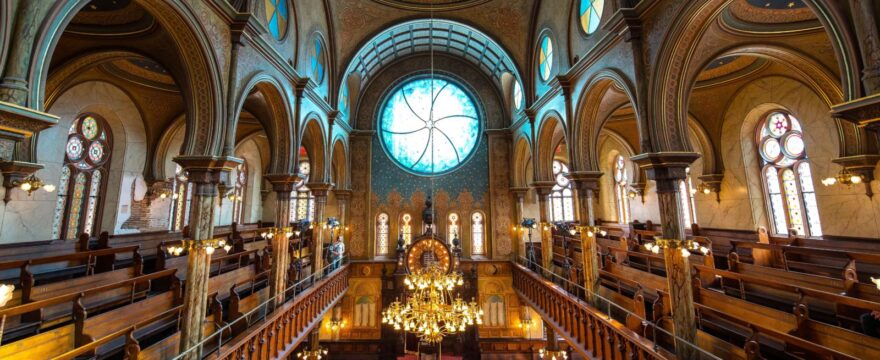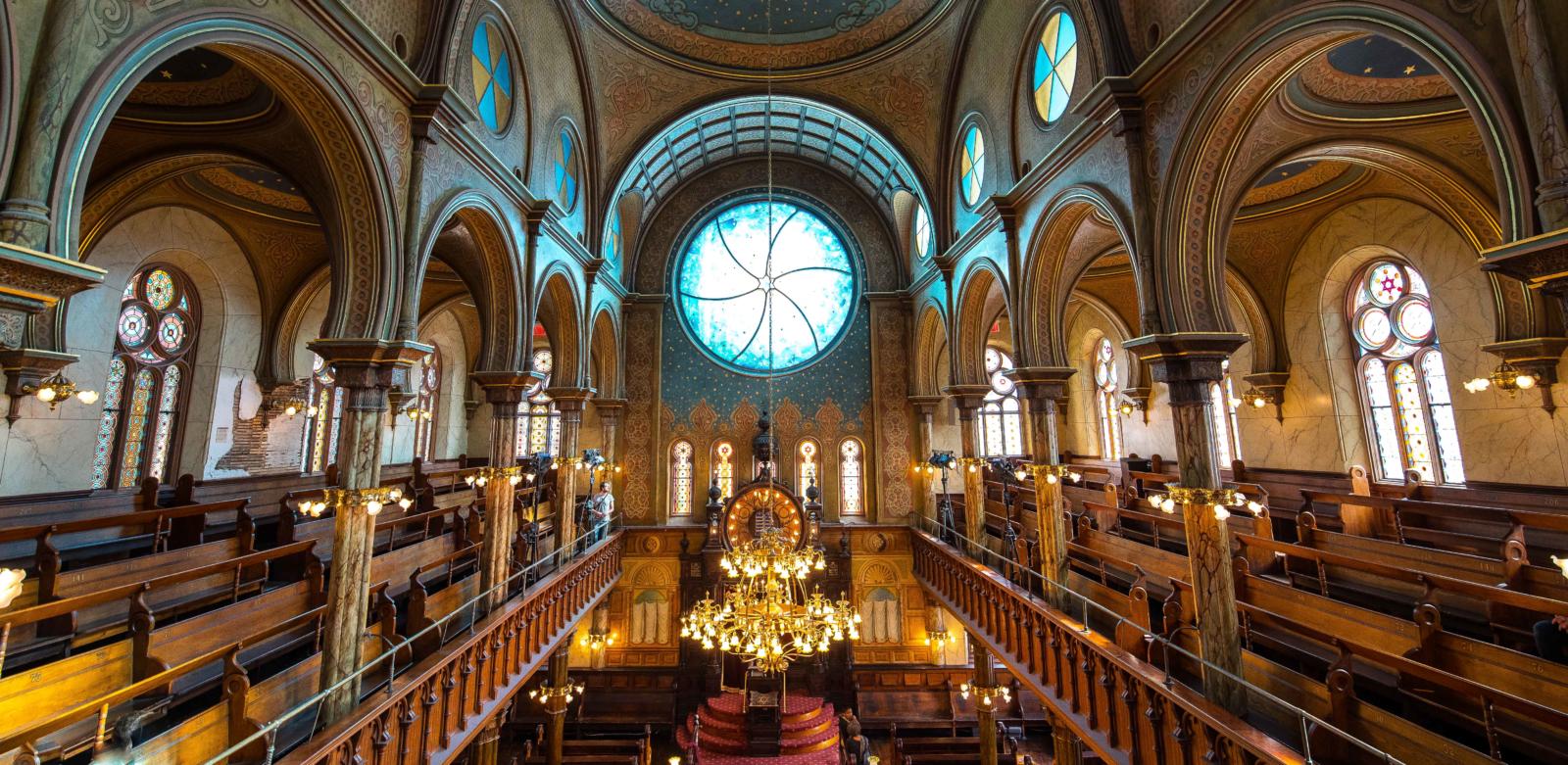As much as a synagogue is a prayer community, a Jewish synagogue is also a place where Jews gather to socialize, be educated, commit to social action, be inspired, and gain counsel. Although communities with smaller Jewish populations may be “one-synagogue-towns,” larger metropolitan areas often provide Jews with a variety of different synagogues from which to choose.
No one synagogue is likely to satisfy everyone’s needs. Nevertheless, every Jewish believer needs to find the best match between them and their chosen congregation. Each synagogue has its character or personality. The first step in creating a meaningful connection with a synagogue is for a believer to take the time to think about what he or she needs from a synagogue community and how that corresponds to the available options available.
As such, for anyone looking for a Jewish synagogue near me, it is an excellent idea to do due diligence.
Doing Some Research First
Today, it is easy for believers to gather a great deal of information regarding local synagogues without leaving their homes. The first step is to find the names and locations of local shuls. They can also check the prospective local Jewish federation (if one exists) or search the Internet for “Jewish synagogue near me” plus the name of the hometown and state.
Friends may also be a reliable source of recommendations and information, and they may also point or guide anyone to alternative Jewish communities —such as havurot (small, informal Jewish community groups) and lay-led minyans (prayer gatherings of at least 10 Jewish adults) — that may meet inside a synagogue or exist independently.
The second step is to gather information about each congregation. Websites are the best platforms to get a great glimpse of the congregation’s personality, its programs, and the types of services it provides. Many synagogues also produce membership packets that are available on their websites on requests.
Check on the Denominations
Many Jews identify with a particular Jewish congregational movement. Others reject denominational labels or find the differences among the denominations to be confusing. Besides, North America’s denominational scene has changed considerably in recent years with the addition of new expressions of Judaism.
It is essential to understand that synagogues vary widely in their style of services, ritual observances, and congregational structures even within a movement. For example, some conservative synagogues use the musical instrument on Shabbat, while others do not. Conservative synagogues also vary in how much Hebrew they use in prayer and the extent to which they adhere to traditional liturgy or use modern alternatives. A minimal number of Conservative congregations are not egalitarian, meaning women are not counted toward a minyan and cannot lead services.
Accessibility
Are the facility and its programs accessible to individuals with physical, mental, or developmental disabilities? Some communities have older buildings that have not yet been remodeled for wheelchair access to their main entrance and their bimah (the stage-like, elevated area at the front of many synagogue sanctuaries). Some religious schools may not feel equipped to educate blind, deaf, or developmentally challenged students. Others can welcome Jews with disabilities to their services and schools. Apart from checking on the distance and means of access to the synagogue, assessing accessibility to the facility itself is helpful.

